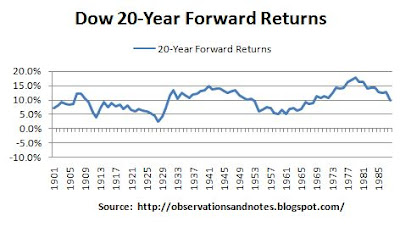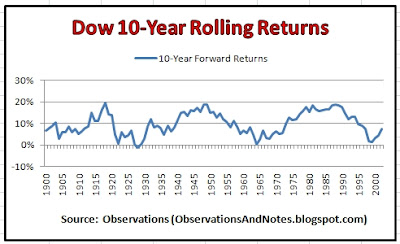ERD50
Give me a museum and I'll fill it. (Picasso) Give me a forum ...
Everyone who uses 1970s style finance reasoning that there is a right answer may be myopic in todays finance theory.
I have no idea what this means.
Running the numbers has nothing to do with the 1970s any more than ignoring the numbers has anything to do with the 2010s.
Thank you. I am also totally lost - there seems to be an argument/discussion here, but I'm lost on just what is being argued/discussed.
-ERD50



